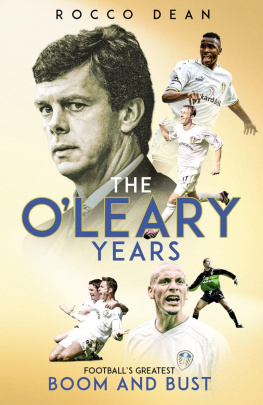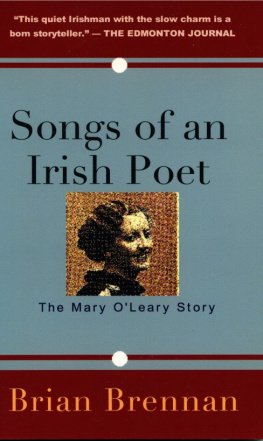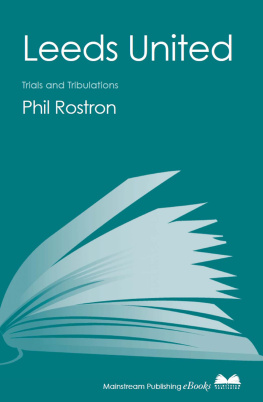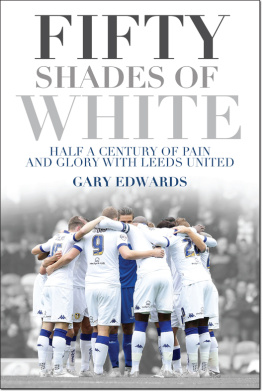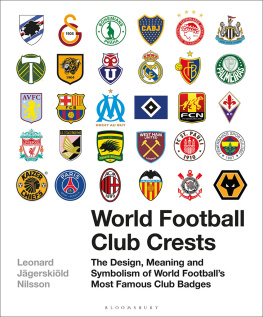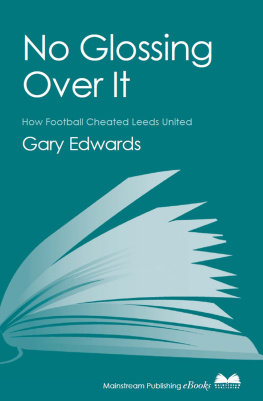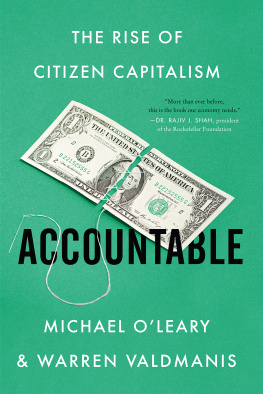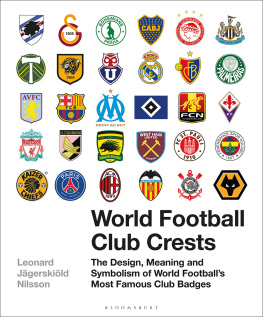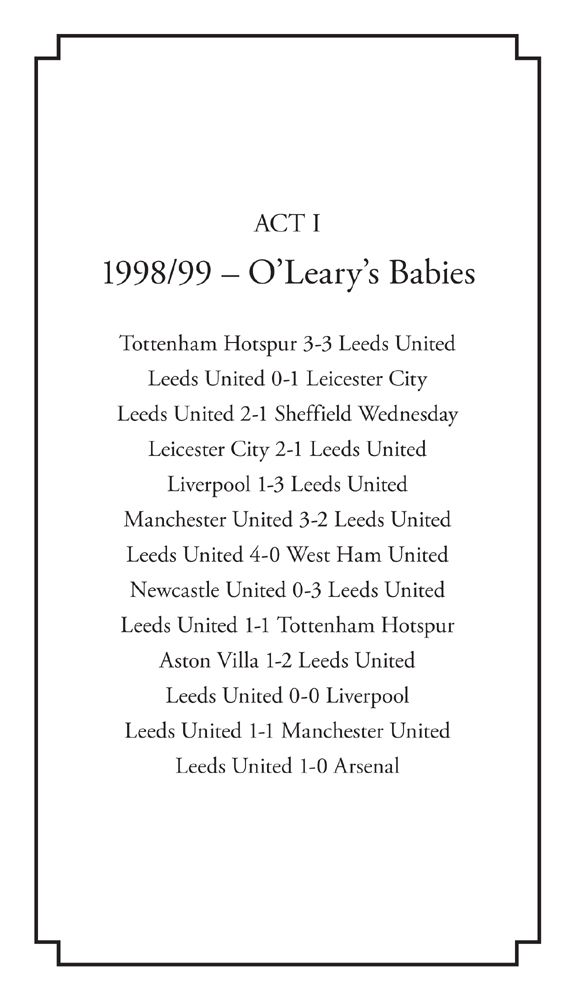First published by Pitch Publishing, 2022
Pitch Publishing
A2 Yeoman Gate
Yeoman Way
Durrington
BN13 3QZ
www.pitchpublishing.co.uk
xxxx, 2022
Every effort has been made to trace the copyright.
Any oversight will be rectified in future editions at the earliest opportunity by the publisher.
All rights reserved under International and Pan-American Copyright Conventions. By payment of the required fees, you have been granted the non-exclusive, non-transferable right to access and read the text of this e-book on-screen. No part of this text may be reproduced, transmitted, downloaded, decompiled, reverse-engineered, or stored in or introduced into any information storage and retrieval system, in any form or by any means, whether electronic or mechanical, now known or hereinafter invented, without the express written permission of the Publisher.
A CIP catalogue record is available for this book from the British Library
Print ISBN xxxx
eBook ISBN 9781801502177
--
eBook Conversion by www.eBookPartnership.com
Contents
For my mum and dad. Thanks for talking me out of a career in sports journalism. Its not turned out too badly I suppose.
And the families and friends of Christopher Loftus and Kevin Speight.
PROLOGUE
Sgt Wilkos Ten-Year Plan
IN 1996/97, while Leeds United were enduring quite possibly the dullest season in their history, something extraordinary was brewing at their Thorp Arch academy.
It had all started in October 1988, when Howard Wilkinson was appointed manager at Elland Road and set out a ten-year plan, with the aim of creating a production line of home-grown talent, feeding into the first team from a top-class academy. Eight years later, and Wilkos masterplan was coming together better than anyone could have expected. A state-of-the-art training complex had been opened in 1994, and the 1996/97 youth team was a sensation. With Paul Robinson, Jonathan Woodgate, Stephen McPhail, Matthew Jones, Alan Smith and Harry Kewell in the team they mullered the competition in the Northern Intermediate League, winning 28 of their 34 games, scoring 112 goals and conceding just 23. They also made it all the way to the FA Youth Cup Final, where they beat Crystal Palace 3-1 over two legs.
The youngsters made the step up into the reserves for the following season, mens football in the form of the Pontins League. Eddie Gray stepped up with them, promoted from youth team coach to reserve team manager, and there was no better man to prepare the starlets for their final leap into the first team. Gray was one of the great Leeds United legends. He had won almost every major honour for the club over a 20-year playing career and had managed the club too, bringing through a talented group of youth players in the early 80s; John Lukic, Denis Irwin, John Scales, Andy Linighan, Scott Sellars and John Sheridan, who all went on to enjoy careers at the top level. Under Eddies guidance the youngsters of the 90s continued to thrive, adding to their medal collection by clinching the 1997/98 Pontins League title ahead of arch-rivals Manchester United, with a final day 5-0 thrashing of Blackburn Rovers.
Howard Wilkinsons ten-year plan was complete, and it was clear the club had a special crop of youngsters on their hands, yet the man who created the blueprint wasnt there to reap what he had sown. Sgt Wilko had been sacked in September 1996, with his ten-year plan just two years from fulfilment.
Wilkinson deserved better treatment. Leeds were struggling near the bottom of the old Second Division when he arrived a hangover from the glorious Revie era had lasted longer than the era itself but he dragged the club out of its stupor and within four years they were champions of England. However, the team that had won the title fell apart, metaphorically initially, finishing 17th as defending champions in the inaugural Premier League season; then, player by player, they left and were replaced inadequately, to put it mildly. Out went Eric Cantona, in came Frank Strandli. Out went David Batty, in came Carlton Palmer. Out went Gordon Strachan, in came David White. Out went Tony Dorigo, in came Nigel Worthington. Out went Gary Speed, in came Lee Sharpe. I could go on, but you get the picture. By the summer of 1996 the first team were stagnating, and with the club under new ownership, a humiliating 4-0 defeat at home to Manchester United was enough to bring the curtain down on Howard Wilkinsons tenure.
So back to summer 1998. The Thorp Arch products had conquered reserve team football at the first attempt, and both Eddie Gray and the first teams assistant manager, David OLeary, believed they were ready to join the senior squad for the 1998/99 season. However, despite Harry Kewell thriving in his debut Premiership season, manager George Graham was adamant that the rest of the youngsters should continue to learn their trade in the reserves. It was an argument that he was used to having. The previous summer, Paul Hart, the youth team manager who had just won his second Youth Cup since joining Wilkinsons revolution in the early 90s, left abruptly after a falling-out with Graham over his reluctance to give youth a chance, specifically Jonathan Woodgate.
Its one thing winning arguments with the staff below you, quite another when its the supporters that are on your case. Even in a pre-digital age, Graham was aware of the clamour from the supporters and used his first programme notes of the new season to emphasise his stance, Weve invested heavily in our youth policy and Im sure that will pay big dividends in the future. Obviously we have to nurture them and only bring them along when they are ready. Harry Kewell is something of an exception in that he came in and kept his place. Jonathan Woodgate was taken on the first teams pre-season tour of Ireland, but when the season commenced, he was back in the reserves, along with the rest of his prodigious team-mates. None of them were deemed ready for top-flight football.
Everything changed when George Graham jumped ship just a month into the season. Graham had done an excellent job reinvigorating the first team and losing him to Tottenham Hotspur felt like the beginning of the end, but instead Leeds were elevated to the top of European football quicker than anybody could have imagined. It was a period of such prosperity for the club that 20 years later there is a common saying in South Korea, my Leeds years, which uses the rise of David OLearys young side as a metaphor for the best years of your life. Ironic really, because as Leeds excelled on the pitch with scintillating football and euphoric highs, they were constantly tempered by bad luck, bad decisions, and the darkest times any football club could ever face. There really isnt another football story quite like the goings-on at Elland Road over the turn of the 21st century: a modern-day Greek tragedy.
Tottenham Hotspur 3-3 Leeds United
Saturday, 26 September 1998
White Hart Lane 3pm
FA Carling Premiership
George Graham was our idol. My dad loved him from the moment he arrived, and I did too. He called for Yorkshire Grit in an irresistible Scottish accent and boasted a proud managerial record, having led Arsenal to two league championships, an FA Cup, a League Cup and the UEFA Cup Winners Cup. Not so proud was his departure from Arsenal in 1995. George was accused of accepting a bung from his agent, Rune Hauge, and was sacked even before he was found guilty and banned from football for 12 months. In his autobiography, George claimed the 425k was just a thank you present, not a bung, but as defences go it was even weaker than the recurring joke on the hit comedy of the time,

